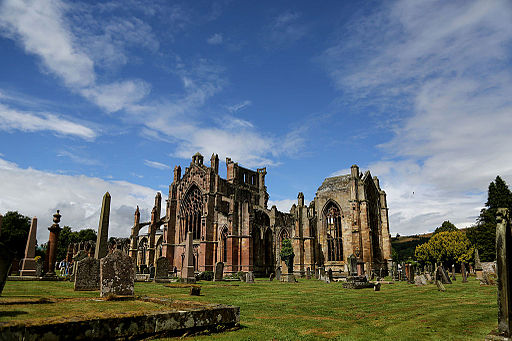
Archaeologists bring pre-existing philosophical beliefs and approaches to the interpretation of artifacts. Some are apt to believe in the diffusion of ideas from a few original sources, whereas others are more likely to see developments over time as being due to cultural changes within a society, rather than influences from elsewhere. In reality, both are usually true, to some extent.
Likewise, my learning journey in the Masters in Educational Technology (MET) program has been influenced by my own philosophical approach. I began my journey with a limited understanding of the main learning theories of behaviourism, cognitivism and constructivism, and saw them as stages on a timeline, with constructivism representing a more ‘developed’ or ‘progressive’ view of how people learn, and how we can use technology to enhance this learning.
I leave the program with a subtler understanding. Through readings like Glassman (1994), who discusses the connections between Piaget and Vygotsky’s work, I now see theoretical frameworks and approaches as not necessarily superseding what went before, but instead as adding a a suite of tools that can be used to understand learning. In some cases, a behaviourst approach can provide insights that cognitivism and constructivism would perhaps not enable, whereas in other situations a connectivist/constructivist understanding of learning might be better used to understand how a technology could be used to benefit learning.
Early in the course (in ETEC 512) we were asked which ‘camp’ we belonged to, the choices being Camp Piaget and Camp Vygotsky. At the end of the course I would say I belong to a broader camp ‘Camp Ed Tech’, where campers from Camps Piaget, Vygotsky, Skinner, Siemens/Downes etc., are regular visitors.